While saving is always good, there’s a sweet spot for how much cash you should keep in your checking account. For most people, anything under $3,000 might just be the magic number to make your money work smarter, not harder. Here are 18 reasons why.
Keep Thieves Away

Nobody likes to think about theft, but the more money sitting in your checking account, the more tempting it is for the bad guys. Keeping your balance below $3,000 means if someone does sneak into your account, they won’t hit the jackpot. Why make it easy for them by leaving everything in one pile?
Your Budget’s Best Friend
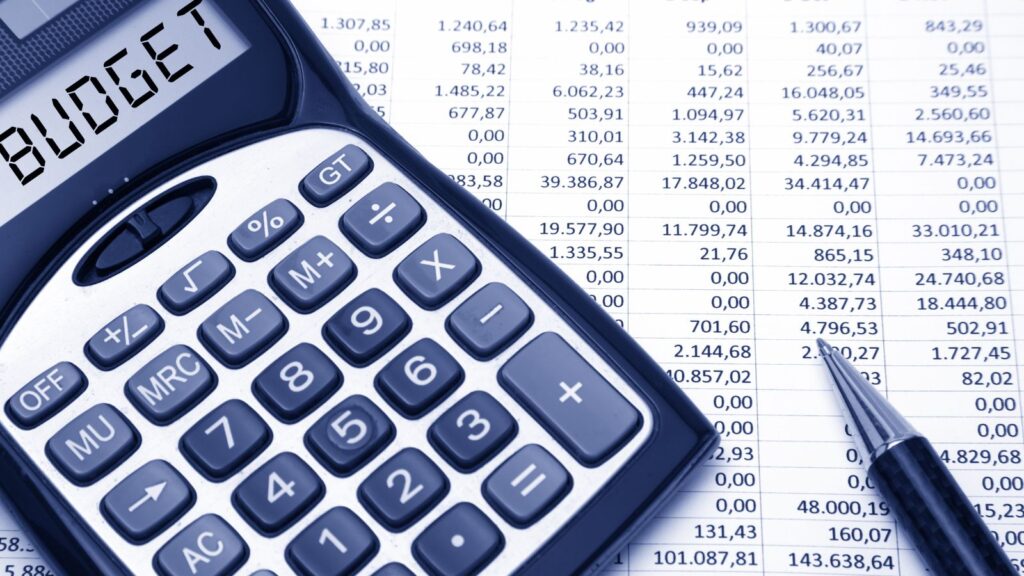
It’s much easier to splurge when you think you’ve got the cash to spare, so sticking to a lower balance in your checking account will remind you to think twice before spending. Essentially, you’re pushing yourself towards wiser spending decisions and reviewing each purchase. Is that fancy coffee or gadget you spotted online last night really necessary?
Emergency Funds
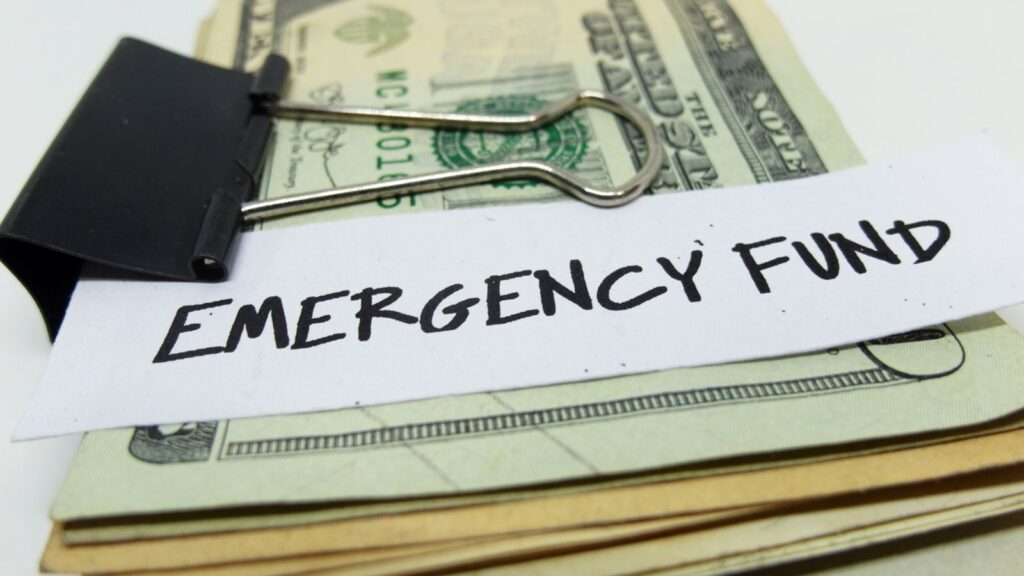
Your rainy day fund deserves better than the measly interest from a checking account, so put that money in a savings account where it can grow a bit. You want your emergency fund to grow so that it’ll help when you really need it. Besides the interest, you’re less likely to use the money for everyday expenses, meaning it’s there when an actual emergency hits.
High Fees
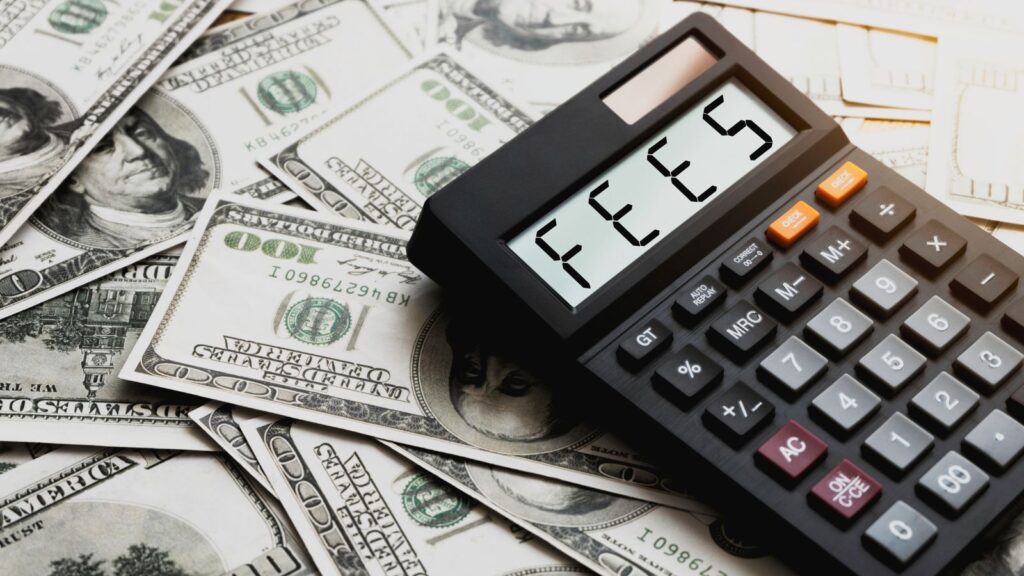
Some banks charge less, or even nothing, to keep a smaller balance, meaning that reduced balances could mean reduced fees. Why pay the bank to hold your money when you don’t have to? Keeping less in your checking could mean more of your hard-earned money will work for you instead.
Stay Sharp on Your Finances
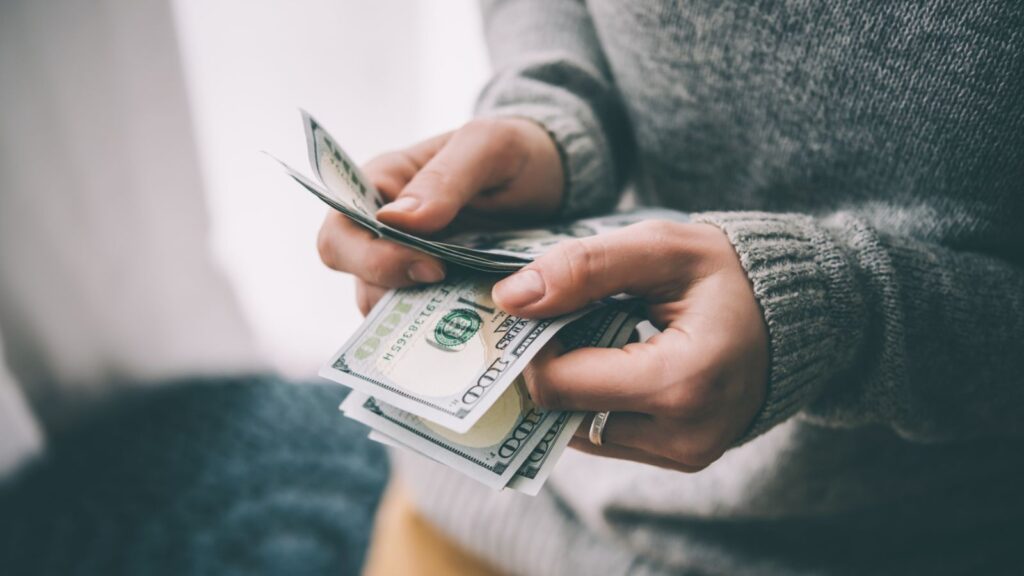
When you don’t have a ton of money in your checking, you’ve got to keep a sharp eye on your balance. It’s a good way to get better at managing your money because you’ll always know what’s going on and what’s coming out. This will help you avoid surprises and also give you a better understanding of your own spending patterns.
Avoid the Overdraft Drama
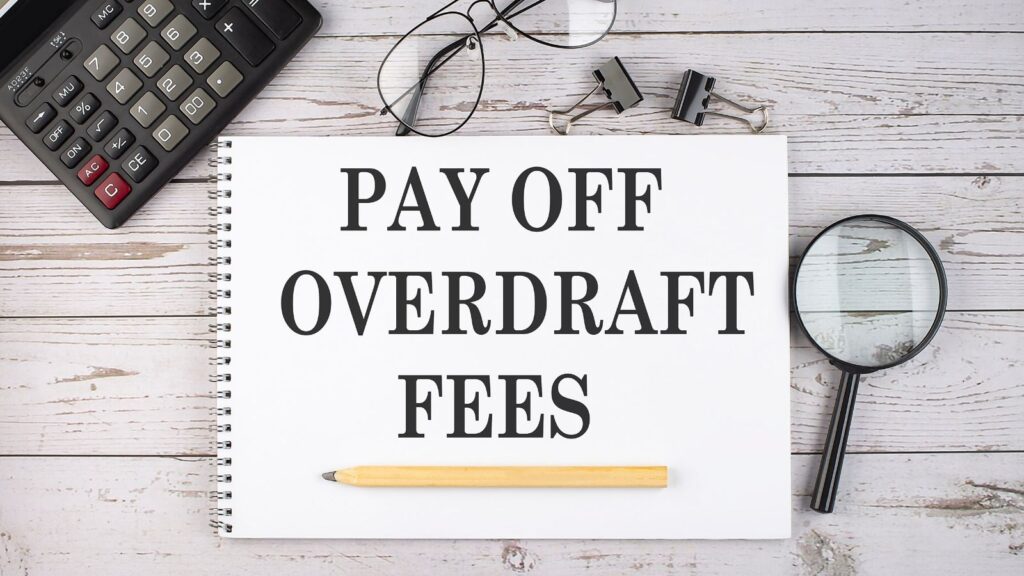
Similarly, keeping your balance on the lower end means you’ll be more mindful of what you can afford. It’ll stop you from paying overdraft fees because you’ll only spend what you actually have. Doing so is better for your wallet and your own financial peace of mind, so it’s a win-win situation.
Say Hello to More Interest
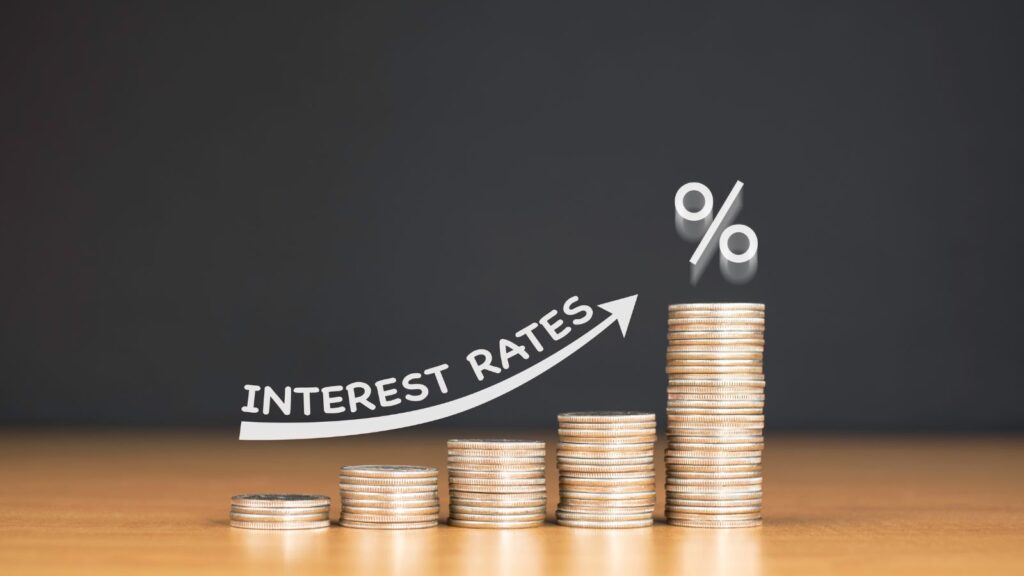
There’s no point settling for next to no interest in a checking account when you can earn more somewhere else. Move your money over $3,000 into an account with higher interest rates to get more income from your savings. It’ll help you reach your financial goals quicker and leave your money to do the heavy lifting instead.
Easier to Keep an Eye On
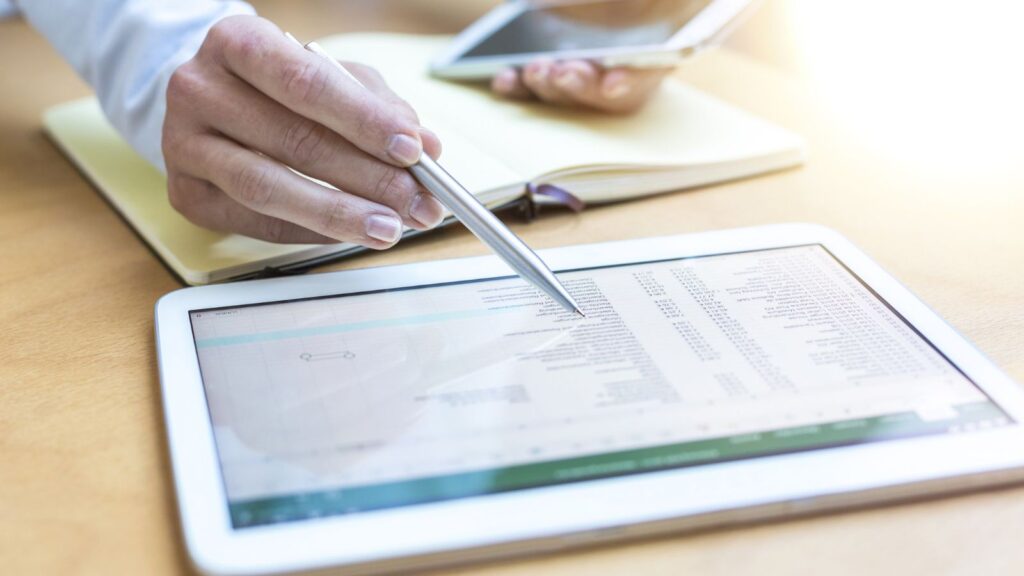
A smaller balance means fewer transactions to watch, making it easier to spot anything odd or out of place, like a charge you don’t remember making. Keeping things simple helps you stay on top of your account without turning it into a full-time job. Financial record-keeping just became a whole lot easier.
Max Out That FDIC Insurance
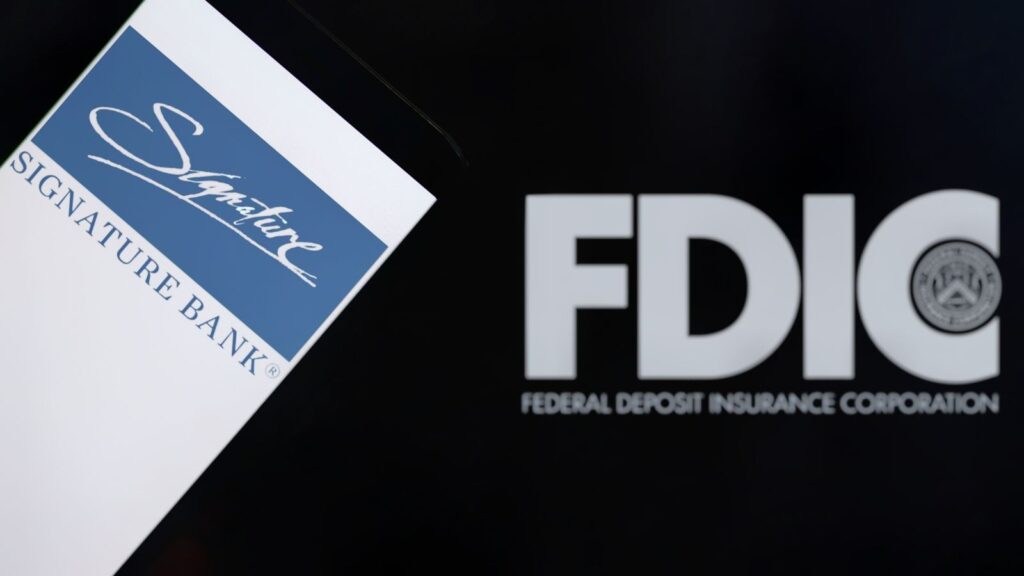
While keeping under $3,000 alone won’t max out your FDIC insurance, spreading your wealth across different accounts is still good practice. That way, you’re always covered, no matter what. Reducing how much you have in checking will maximize your coverage and organize your finances across different platforms for better management and accessibility.
Be Ready for Anything
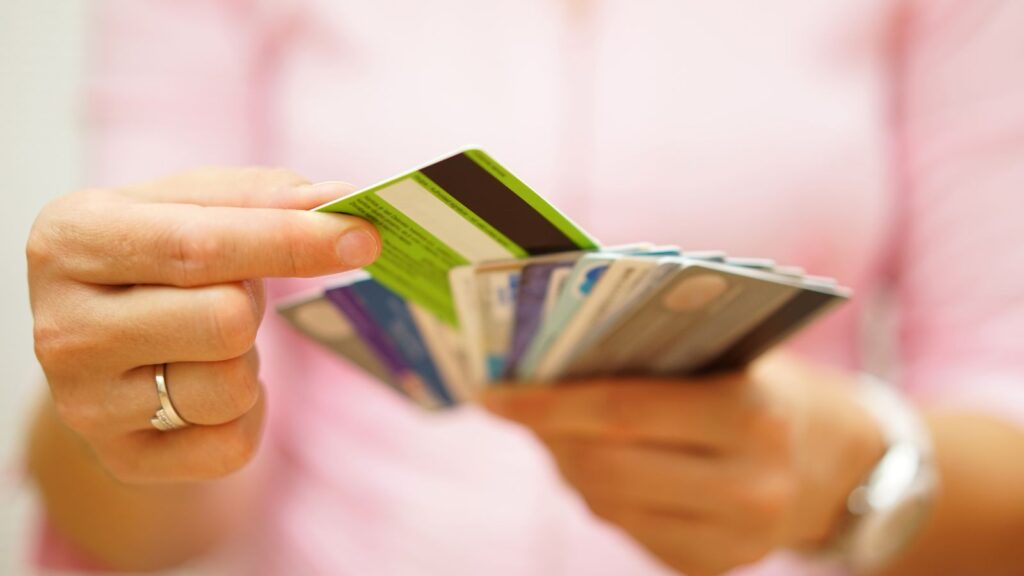
Sometimes, banks have issues, like technical glitches or closures, and if your money’s spread out, you won’t be stuck without cash when you need it most. Money in many accounts guarantees access to your cash through another channel should one fail. Don’t you want to be prepared?
Cut Down on Stress

Knowing there’s only what you need in your checking account can be a relief because you’ll have limits, which means one less thing to stress about. Managing a smaller amount makes it easier to oversee and control. You won’t have anywhere near as much of the stress that comes with large balances that can drastically change with bigger transactions.
Get Into Good Habits
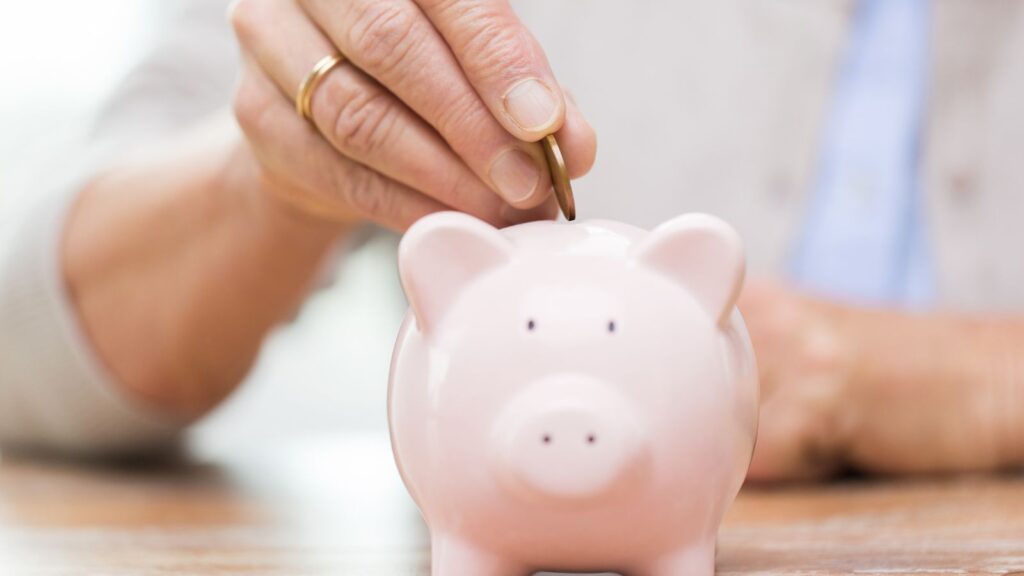
Regularly moving money to your savings can become a good financial habit, and before you know it, you’re saving without thinking about it. Doing so will set you up for financial success in the future and make growing your savings into a routine. You’ll be constantly preparing for the future while also living comfortably today.
Take Advantage of More Bank Perks
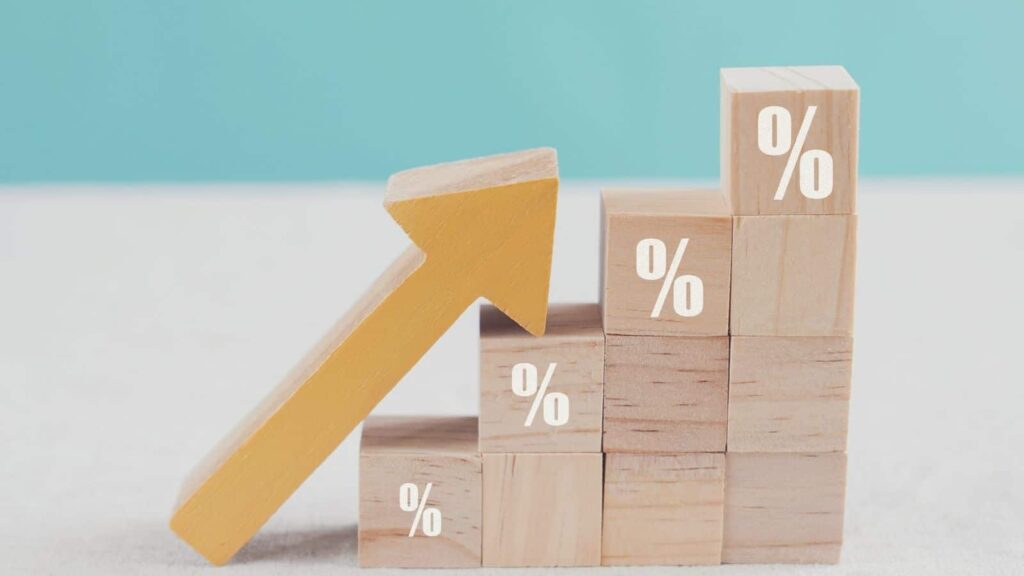
Different accounts come with different perks, so it’s smart to diversify your banking arrangements to access these benefits. Some of the advantages include lower fees or higher interest rates, which come with different types of accounts. If your bank isn’t doing it for you, see if another one will.
Look Good to Lenders
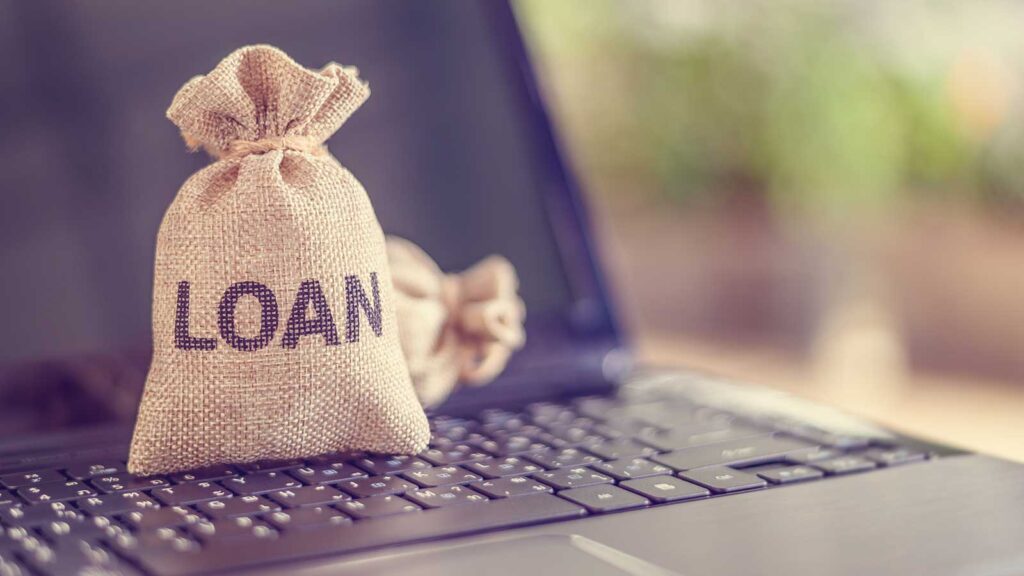
Showing that you’re smart about how you manage your money is exactly what lenders want to see. They’re more likely to offer favorable terms to someone who shows they’re good with their finances and know how to deal with them responsibly. When you need to borrow, this could mean better loan and credit rates, ultimately saving you money.
Build Savings Without the Strain

If you set up automatic transfers to keep your checking balance low, you won’t have to consider saving. Set-it-and-forget-it means your savings grow in the background without you needing to lift a finger. It’s a lot easier to save when you don’t have to think about it; soon enough, you’ll have more than enough.
Quicker Investments
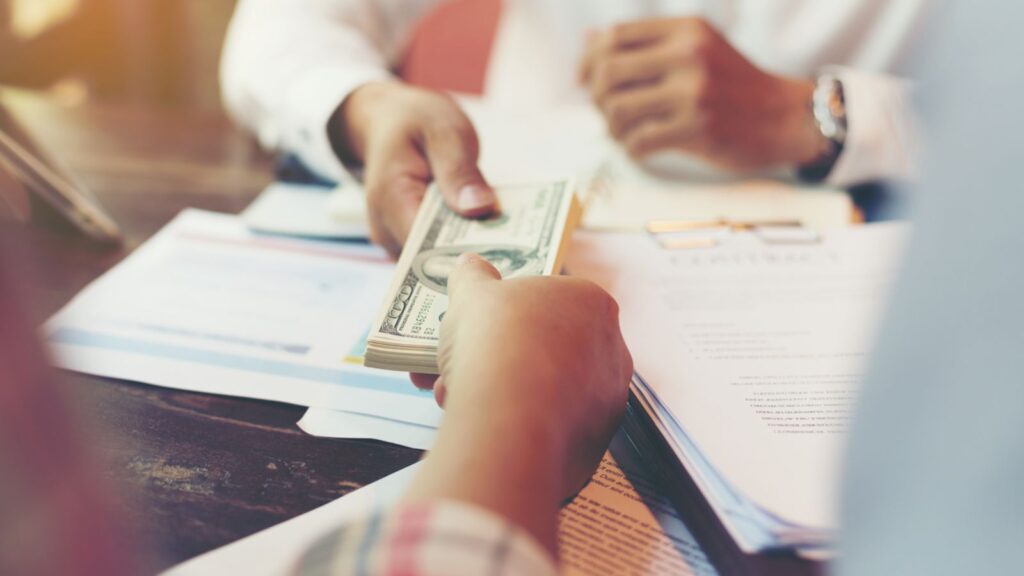
When you’re ready to invest, having your money already set aside means it’ll be quick and easy to jump on a good opportunity. You must act fast when a good investment comes along because you don’t know how long you’ll have to capitalize on this opportunity. It’s a lot easier to do that when you’ve got enough saved.
Clear Goals, Better Focus
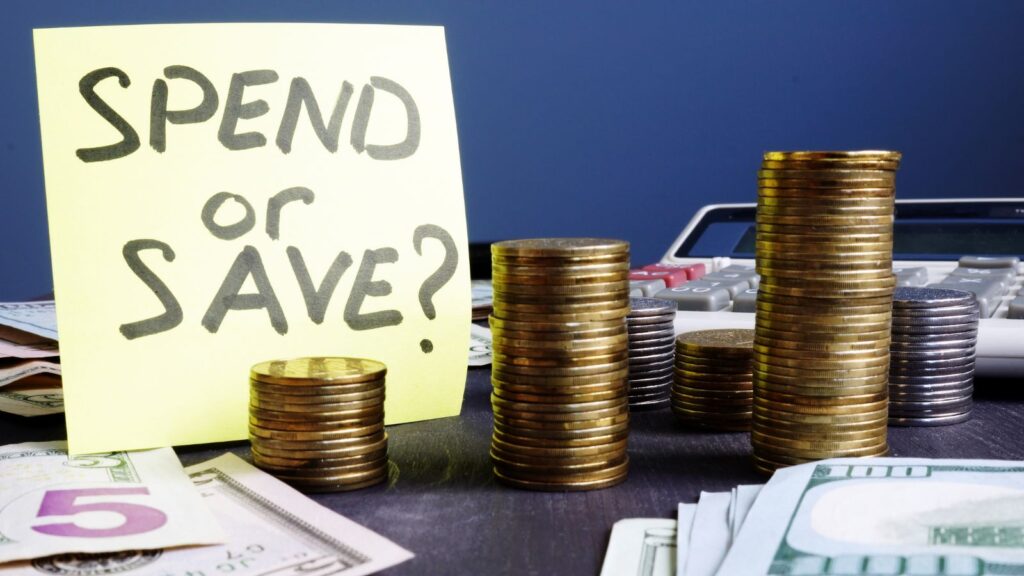
Setting a cap on your checking account helps you get clear about what your money’s for, and everything else gets a purpose, whether it’s for saving or spending. When you know just how much is in your account for spending, you can better put funds towards specific goals, like vacation funds or a new car savings pool. Every dollar has a job.
Slow and Steady Wins the Race
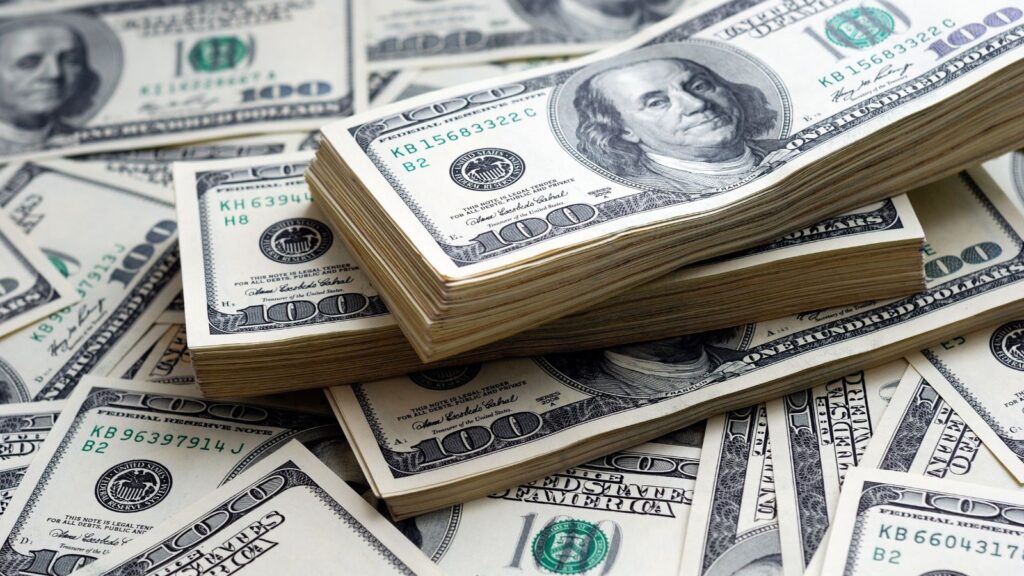
Keeping less in your checking will help you build your wealth, bit by bit. While it’s not flashy, it’s certainly steady and sure adds up over time. Each transfer may seem small, but over the years, these amounts compound, significantly improving your financial health and ensuring you’re always moving forward, even if it’s one small step at a time.
19 Grim Realities of Dating After 50 That Are Often Overlooked

19 Grim Realities of Dating After 50 That Are Often Overlooked
26 Things That Will Be Extinct Because Millennials Refuse to Buy Them

26 Things That Will Be Extinct Because Millennials Refuse to Buy Them
24 Outdated Slang Terms You Absolutely Shouldn’t Be Using Anymore

24 Outdated Slang Terms You Absolutely Shouldn’t Be Using Anymore
25 Hardest Parts About Getting Older That No One Ever Talks About

25 Hardest Parts About Getting Older That No One Ever Talks About





